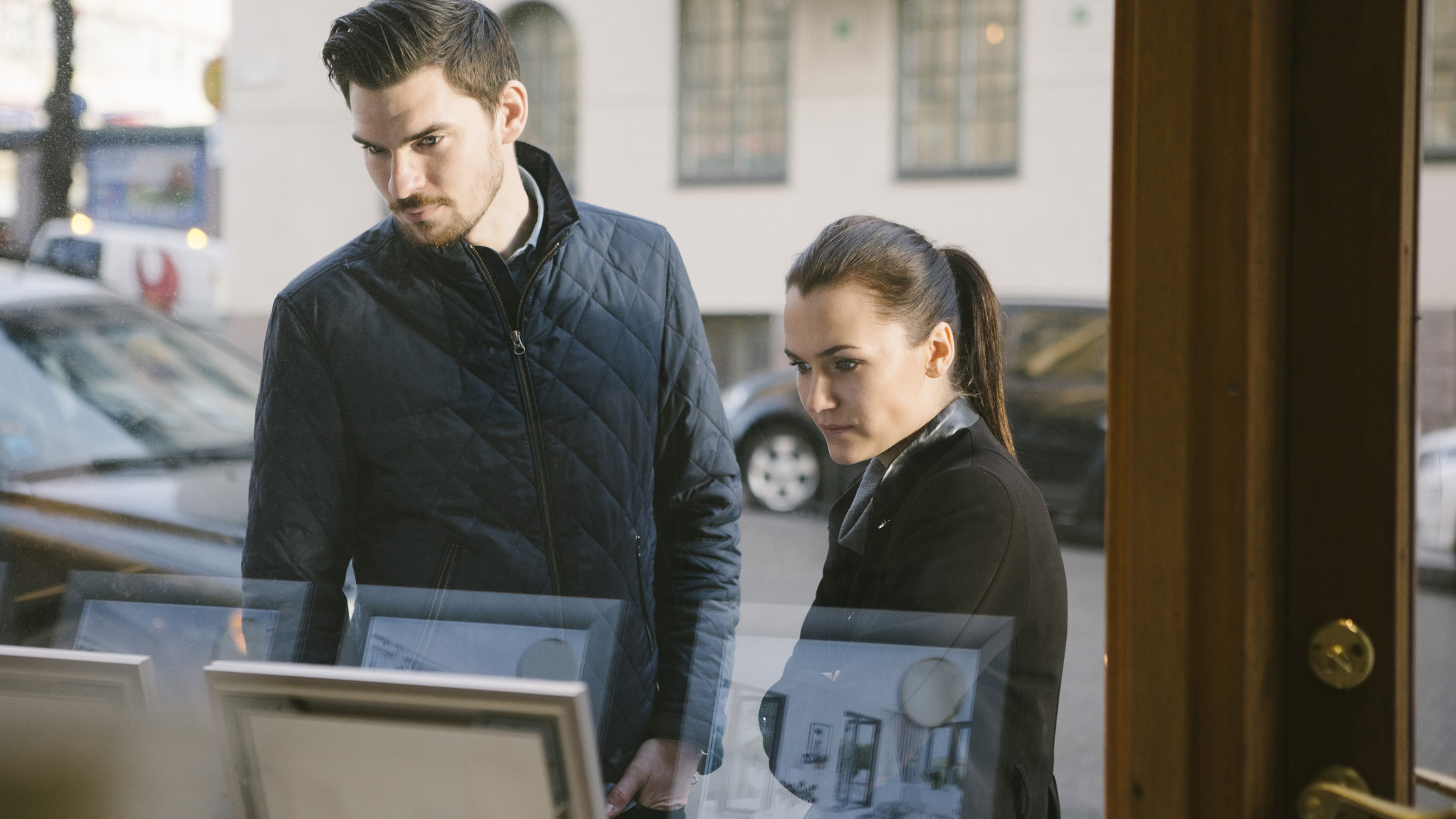3 questions all first-time buyers should consider (no, not about mortgage rates)
Of course, mortgages and property sizes are important, but to make the right choice, first-time buyers ought to ask themselves these questions, according to a property expert

First-time buyers are very much between a rock and a hard place these days. Mortgages are becoming ever more difficult to get, house prices are rising, and everything is taking ages. Nonetheless, the home ownership dream hasn't gone anywhere, and despite the difficulties, first-time buyers have not disappeared from the property market.
If you are about to buy your first home, mortgage rates and the type of home you can get for your budget will be at the forefront of your mind. And yet, there are other considerations that are every bit as important but can easily be neglected. Ryan Dibble, COO of Flyhomes, has ushered thousands of homebuyers through the homebuying process, and he advises homebuyers to ask themselves these three questions, if they are to make the right decision about their house purchase.
1. How much financial flexibility do I need?
You've found a home that you like – great. But what if your circumstances change a few year down the line and you need to move quickly? House sales, as we've seen recently, can be affected by circumstances beyond your control. So, Ryan advises:
'Before buying, consider whether you could absorb the burden of paying your mortgage, in the event you need/want to move, but can’t sell right away.'
In some ways, financial stress testing during the mortgage application already takes care of this, because you'll need to prove you'd be able to make your repayments if mortgage rates were to go up. Still, it's good to bear in mind a scenario in which you might need to pay the mortgage and rent at the same time, for a short while.
2. What goals do I have for my house?
This could also be reframed as: what is the long-term ideal location for me? It is possible to buy the right home in the wrong place, for example. If you have no intention of staying in your current location for more than a few years, it is wise to adjust your house search accordingly:
'Do I want to spend the rest of my days in this place, or am I looking for an investment to help me reach the next phase of my life? Sometimes you’re buying an asset, and others, you’re buying a lifestyle. Knowing your goals will help you make decisions about what to invest in and what to avoid.'
Get small space home decor ideas, celeb inspiration, DIY tips and more, straight to your inbox!
3. Can I live with it for a year?
It is true that we all seem to have many more expectations from our homes than we once did. The pandemic has made us spend a lot more time in our homes, so it can feel as if it's become all-important to have the perfect set-up at home, or else you won't be happy. This isn't always the case, Ryan cautions: 'We tend to focus on the things we don’t like about a new home.' His advice is to wait for at least a year before making any major changes to your new home. The things that were unusual or annoying at first may well become less so over time.
So, when buying a house, you don't have to automatically budget for expensive home improvements. If you like the property and everything within it is functional, you may simply get used to it, at least until it's time to move on to a different house.
Anna is a professional writer with many years of experience. She has a passion for contemporary home decor and gardening. She covers a range of topics, from practical advice to interior and garden design.